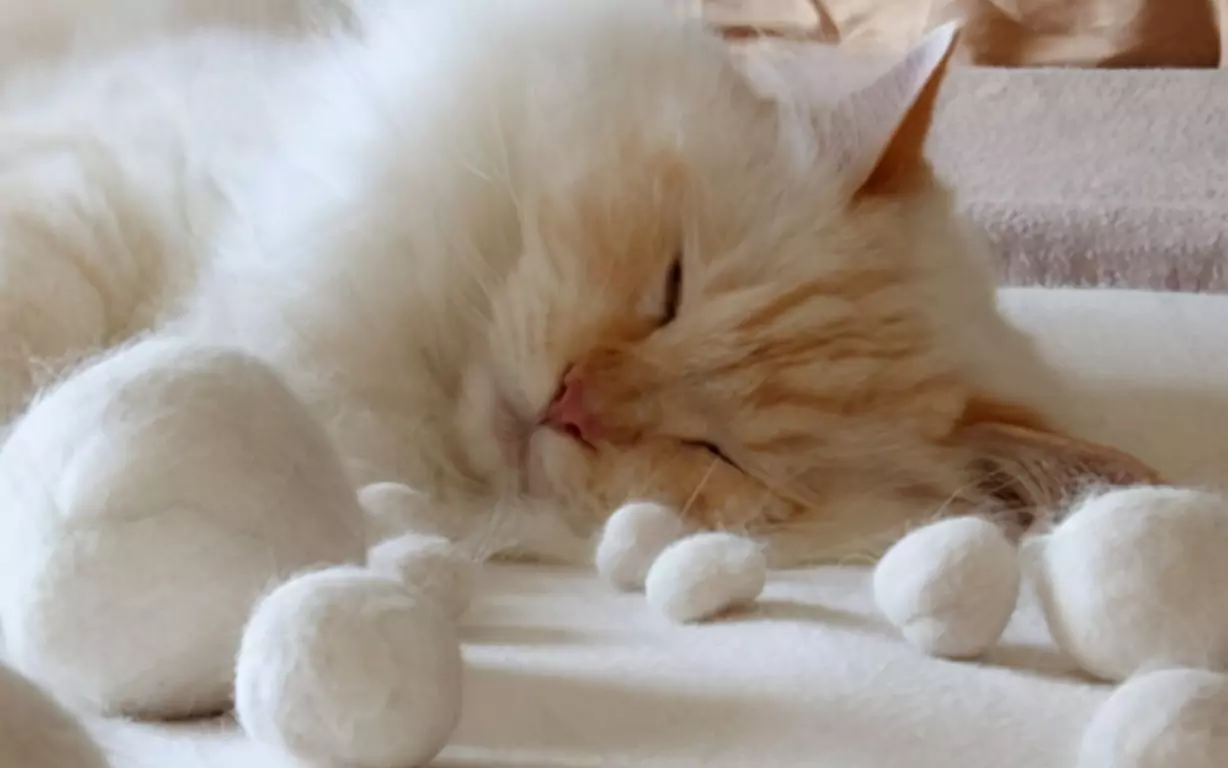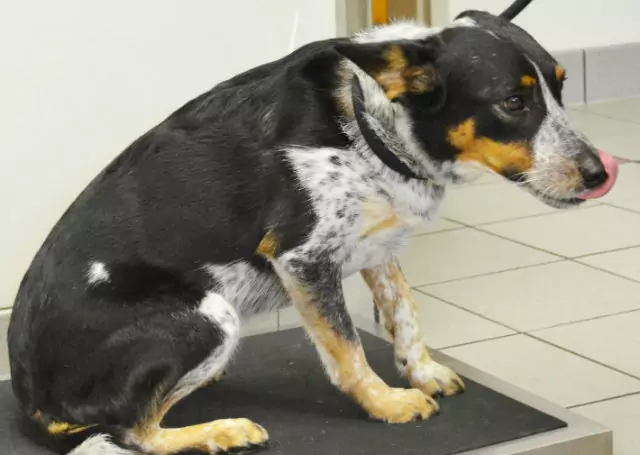Can cats eat cheese? Can kittens eat cheese sticks?
2022-06-17
But in the cat world, most pooper scoopers have a "common sense": kittens should not be fed cow's milk, but goat's milk, because feeding cow's milk will lead to lactose intolerance in cats.
Therefore, all products made from milk, such as yogurt, condensed milk, cheese, etc., can not be eaten by cats.
This statement is not entirely true.
In "Cat and Mouse", Tom not only eats cheese but also guzzles milk. If he was lactose intolerant, wouldn't he have been defeated by Jerry!
I. Cats can eat cheese,
Cheese is rich in calcium and can replenish the calcium needed for growth and promote bone growth after eating, but should not be fed too much to avoid discomfort in the cat's intestines. In addition to cheese, you can also choose to feed yogurt, which can promote the digestion and absorption of the cat's intestines after eating yogurt. During the daily feeding of cats, it is recommended to feed cat food as the main food and a small amount of cheese to supplement nutrition.
Cats can eat cheese
Cats can eat cheese, which is rich in calcium and can replenish calcium and promote the growth and development of bones after eating. Two to three pieces of cheese can be fed at a time because cheese is a dairy product and contains a lot of sugar inside. Cats have difficulty digesting food with a lot of sugar and are prone to vomiting, diarrhea, and gastrointestinal discomfort if they eat too much.
If the breeder wants to feed dairy products to the cat, he can choose to feed yogurt. The lactose inside the yogurt will be converted into lactic acid and other organic acids after the fermentation process, and eating yogurt in moderation can promote intestinal peristalsis. Usually, 100 ml of yogurt is sufficient for one feeding. However, when feeding, you should not choose snack cheeses or salted cheese sticks with various flavors added, but pure cheese with no additives and no salt.
When feeding, first feed a little less to see if the cat shows symptoms of lactose intolerance, if there is flatulence and diarrhea, do not feed again.
If the cat has no problem eating cheese, do not feed it too much, it can be fed as a snack and controlled at less than 10% of the daily diet, so as not to affect the main meal.
Cheese is a fermented milk product and a portion of great food for cats to feed. Because cheese is rich in lactic acid bacteria, as well as rich in fat, calcium, protein, vitamins and phosphorus, and other nutrients.
Feeding cats some cheese in the right amount can help regulate their fragile intestines and also help digestion, and it can also provide cats with nutrition, which is more beneficial for cats to extend their life span Oh~.
II. About lactose intolerance
Lactose intolerance is a common condition in mammals, not caused by drinking milk, but caused by inborn genes.
Lactose is a large sugar molecule made up of two smaller sugar molecules - glucose and galactose. Whether it is cat milk, cow milk, or goat milk, all contain lactose, and even cat milk has a somewhat higher lactose content.
Cats cannot drink milk, so can cats eat cheese?
During the dairy cat period, the cat's small intestine produces an enzyme called lactase capable of breaking down lactose. However, some cats are genetically predisposed to lack the gene for lactase expression and are unable to produce lactase to digest lactose. Lactose ferments in the small intestine to produce gas, resulting in bloating, abdominal pain, and diarrhea, which is called lactose intolerance.
If a cat is truly lactose intolerant, then not only can it not drink cow's milk, but all milk containing lactose such as cat's milk and goat's milk.
Therefore, it is wrong to say that "goat's milk can be fed to kittens instead of cow's milk".
In addition, even for cats without lactose intolerance, the production of lactase will be reduced or even stopped after weaning (about 4 weeks) (because lactase is not required for digesting meat). If cats ingest lactose again at this time, they may also show signs of lactose intolerance.
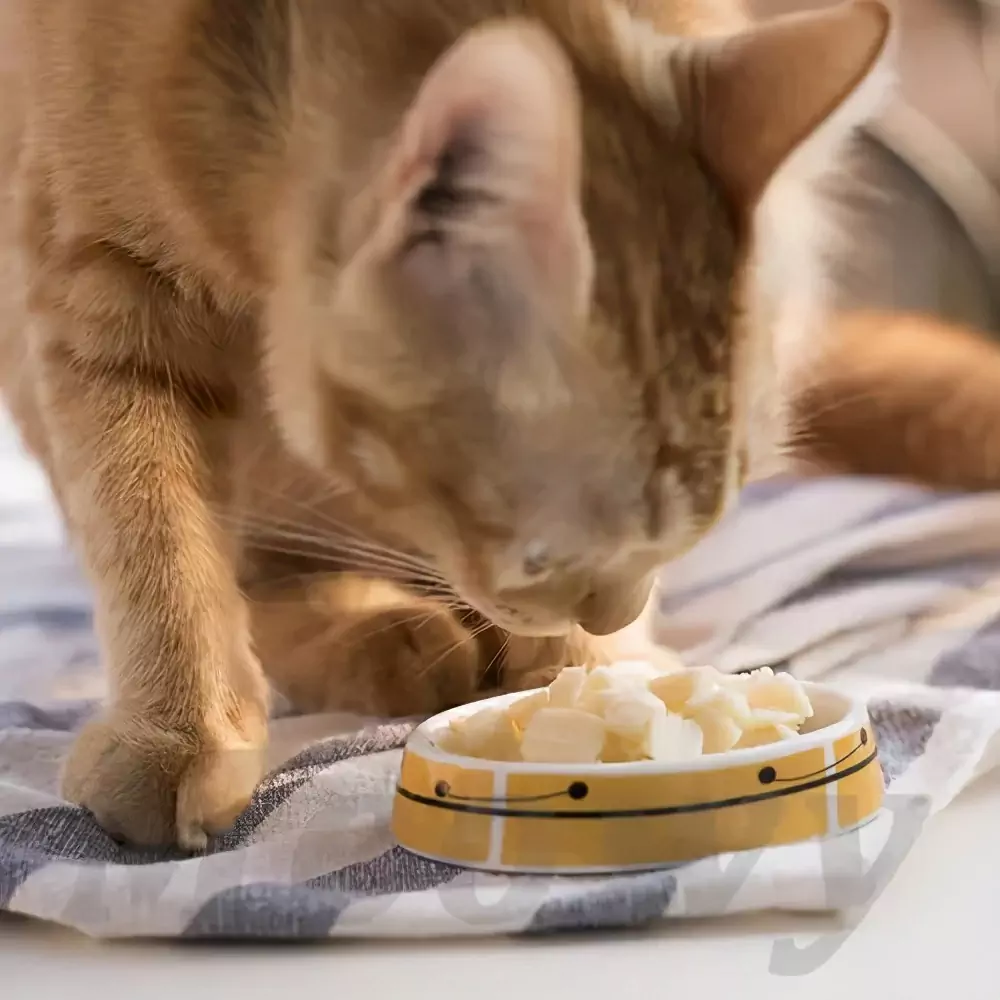
III. Why do many kittens have diarrhea after drinking milk?
A portion of dairy cats do have diarrhea due to lactose intolerance and will drink any milk (including breast milk).
There is a big difference in the nutritional composition between cat milk and cow milk. If there is a sudden change from breast milk to milk, it will irritate the cat's gut and diarrhea, just like the consequences of a cat suddenly changing food.
Some cats can be allergic to certain components of cow's milk.
In contrast, goat's milk has smaller fat molecules, a nutritional composition closer to that of cat's milk, and fewer allergenic substances. This is why vets recommend feeding goat's milk instead of cow's milk to kittens, not because of lactose intolerance.
Cats are supposed to nurse for only 40-60 days, and some cats can be weaned in 30 days. Some people pick up a kitten that looks very small, but in fact, it has long since reached the age of weaning. If it is fed milk again at this time, it may also become lactose intolerant.
IV. What milk should kittens drink?
The proportion of kittens with lactose intolerance is high. It is prudent that all kittens should be fed pet-specific formula milk powder.
Although pet formula is still made from cow's milk or goat's milk, the lactose is hydrolyzed to remove allergic ingredients and the nutrients are formulated and processed to be more easily absorbed by the cat's gut.
Many people also have lactose intolerance, but the symptoms are not as severe as in cats, and the percentage of the population is not as high as in cats. The soothing milk that lactose-intolerant people and diabetics can drink is also milk made by hydrolyzing lactose, which cats can also drink.
V. Can kittens eat cheese sticks?
Kittens can eat cheese sticks. Some cheese sticks are good for calcium, but it is not recommended that owners feed them. Because cheese sticks are milk dairy products and contain a lot of sugar, it is difficult for cats to digest food with high sugar content, which may cause vomiting, diarrhea, and gastrointestinal discomfort.
Yogurt can be fed. After fermentation, the lactose in yogurt will be converted into lactic acid and other organic acids. Moderate consumption of yogurt can promote gastrointestinal motility and make the cat more appetizing. It is not recommended to feed too much to avoid discomfort.
VI. Conditions in which cheese cannot be eaten
If the cat has the following conditions, cheese is not recommended
Diet cats on a controlled diet
Cats with diseases
Cats on prescribed dietary treatment
Cats allergic to milk
VII. Can cats eat other dairy products?
Unsweetened yogurt is also safe for cats. Yogurt also converts lactose to lactic acid during the fermentation process. Although yogurt is somewhat higher in lactose compared to cheese, it is generally well-tolerated.
Other dairy products such as condensed milk, cream, yogurt, reconstituted milk, and others, all contain unhydrolyzed milk and large amounts of sugar and are not suitable for cats.
8. Other human foods that cats can eat
The current mainstream view is that cats cannot eat human food because many pooper scoopers are confused about which foods cats can eat and which ones they cannot, and to prevent some people from feeding them indiscriminately before saying across the board that cats cannot eat human food.
Only eating cat food is indeed rather monotonous cats can occasionally eat some human food as a snack or reward. But again, the cat's diet should not account for more than 10% of the diet.
Cooked chicken, and duck meat (no skin or bones)
Fruits, including blueberries, bananas, apples (seeds removed), pears, strawberries, melons, and mangoes
Cooked vegetables (carrots, broccoli, groundnuts, pumpkin, beans, peas, corn)
Hard-boiled eggs
Canned tuna
Cooked chicken livers
Was this article helpful to you?
Other links in this article
Français:
Les chats peuvent-ils manger du fromage ? Les chatons peuvent-ils manger des bâtonnets de fromage ?
Italiano:
I gatti possono mangiare il formaggio? I gattini possono mangiare i bastoncini di formaggio?
português (Brasil):
Os gatos podem comer queijo? Os gatinhos podem comer palitos de queijo?
中文简体:
猫能吃奶酪吗?小猫能吃奶酪棒吗?
Comments
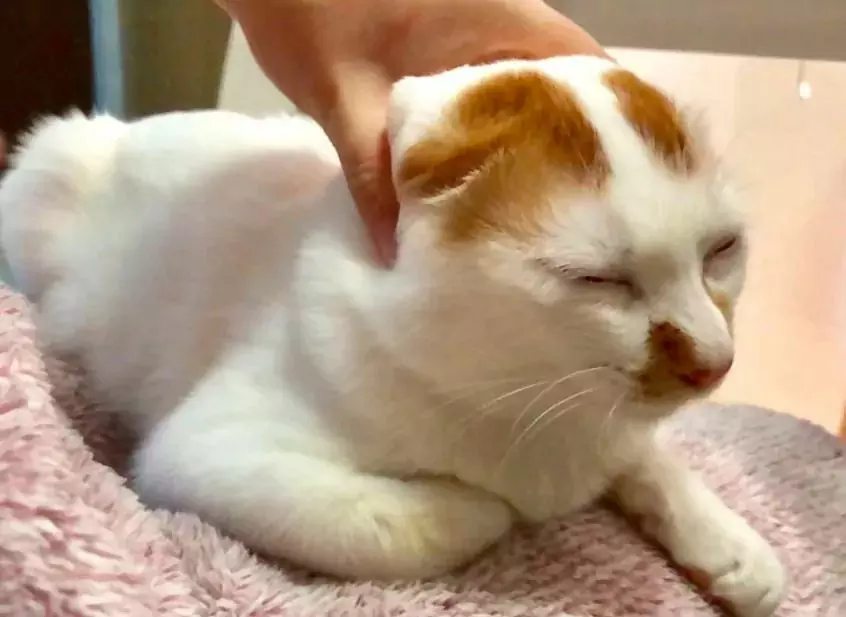
Why do cats sleep so much? How long do cats sleep in a day? Cats' sleep cycles, sleep habits, and dreaming
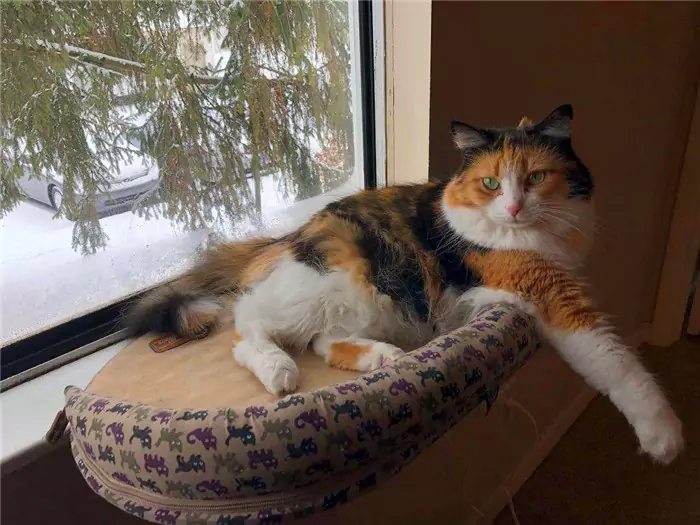
Why is my cat losing its hair?
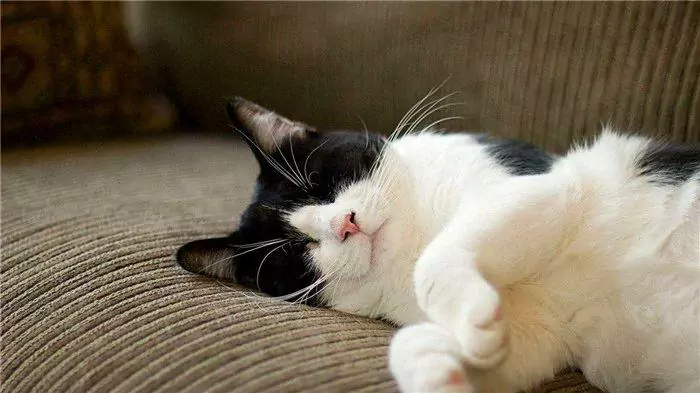
Why do cats purr?
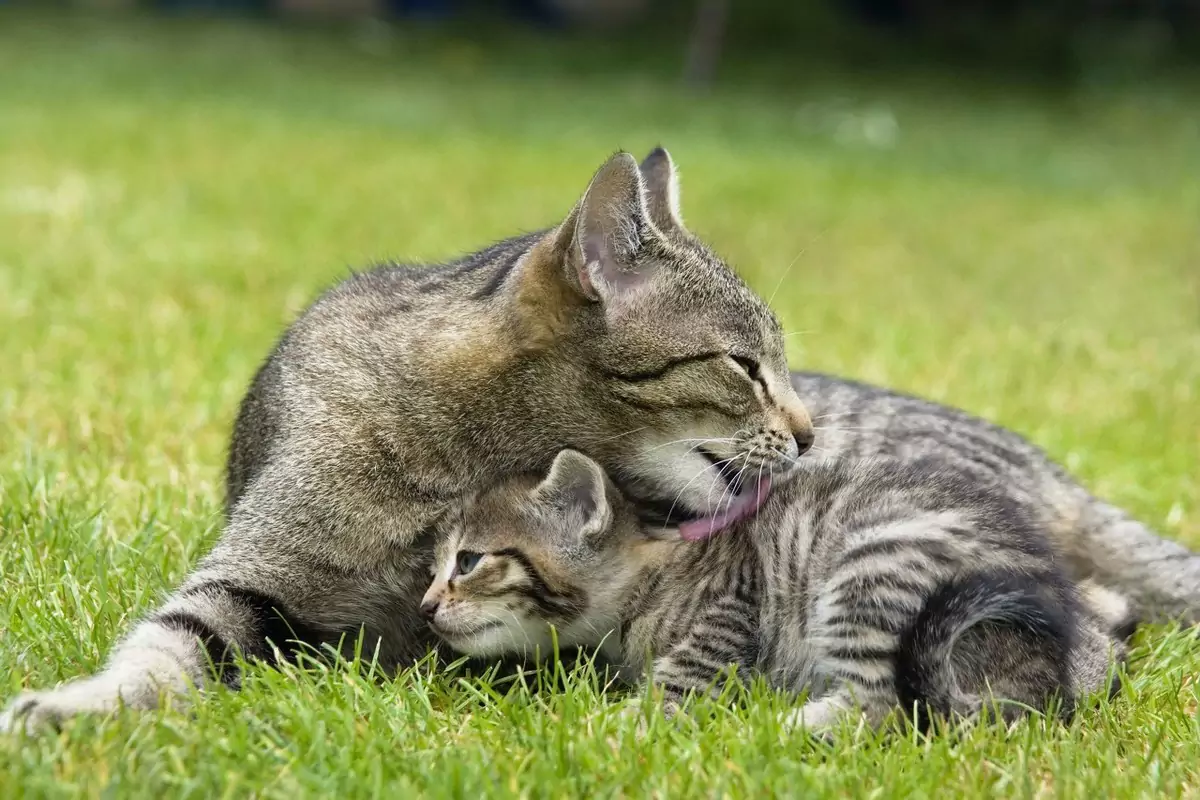
Why do cats groom each other?

How long do cats live indoors? Do cats get lonely?
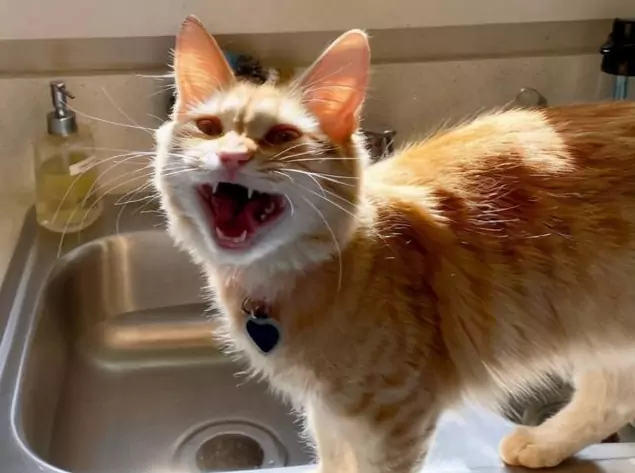
Why do cats make hissing noises? The origin of the hissing sound of cats

Are potatoes toxic to cats? What causes the onset of potato sprout poisoning in cats?
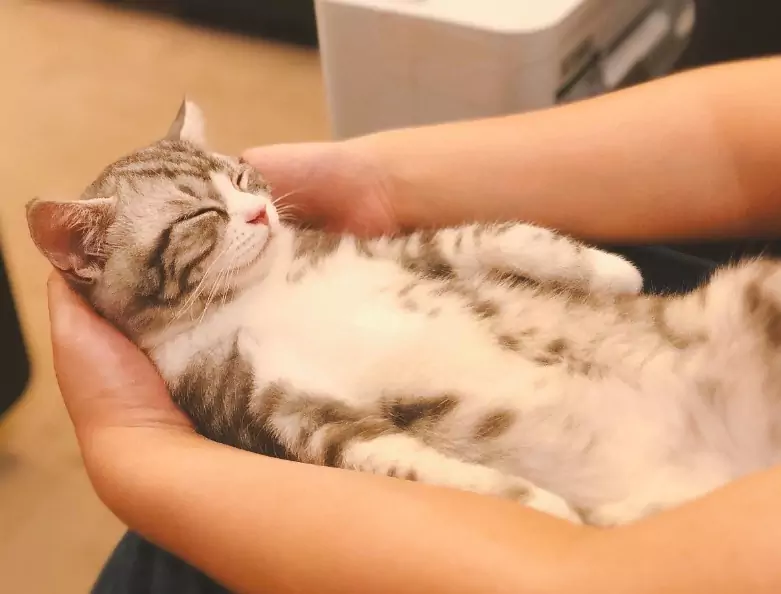
Why does my cat sleep on top of me? Reasons why cats like to sleep next to their owners
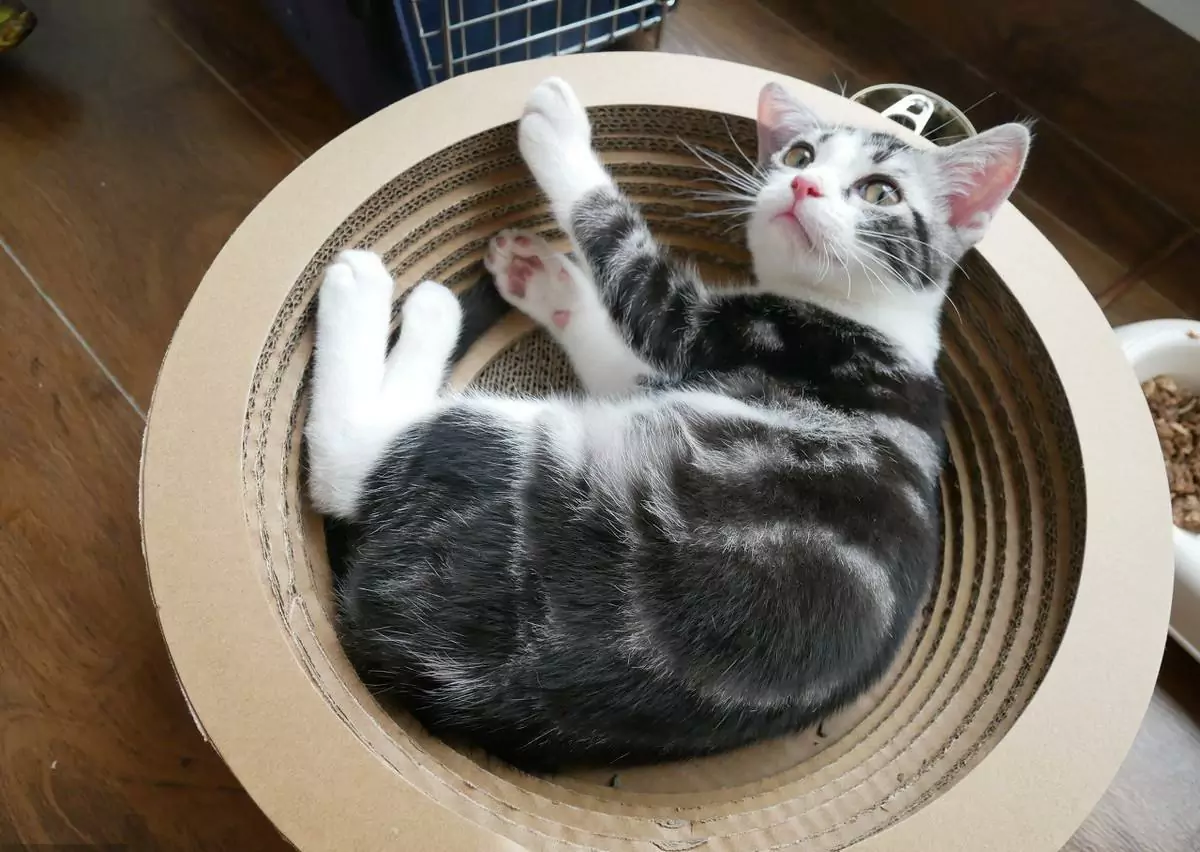
How do make cats like you? How to get cats to like us is quite simple
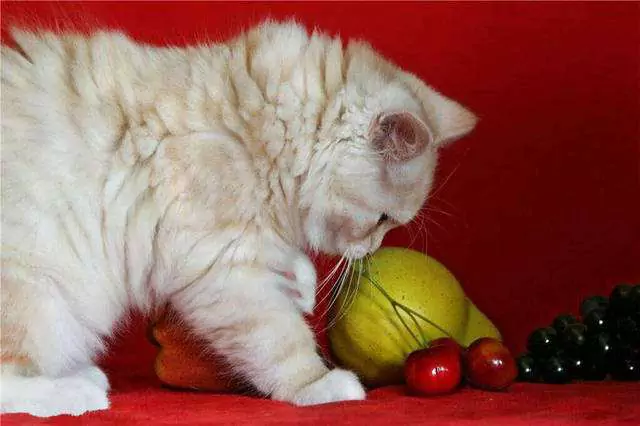
Can cats eat grapes? Why can't cats eat grapes?








